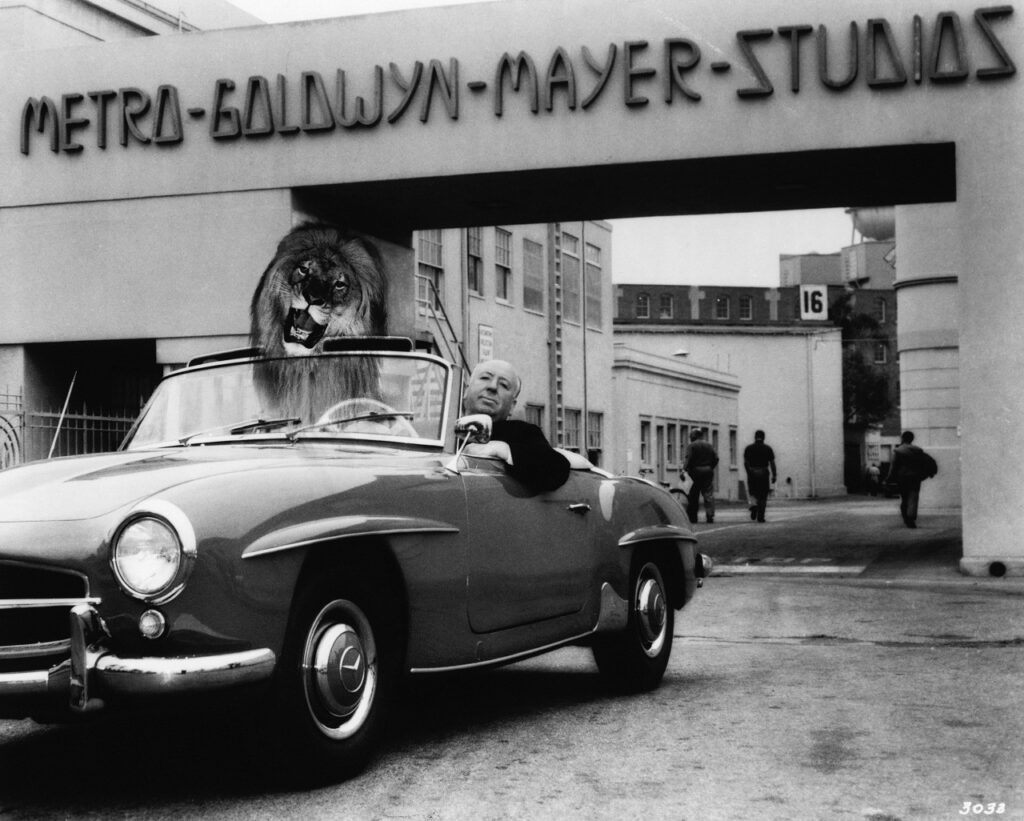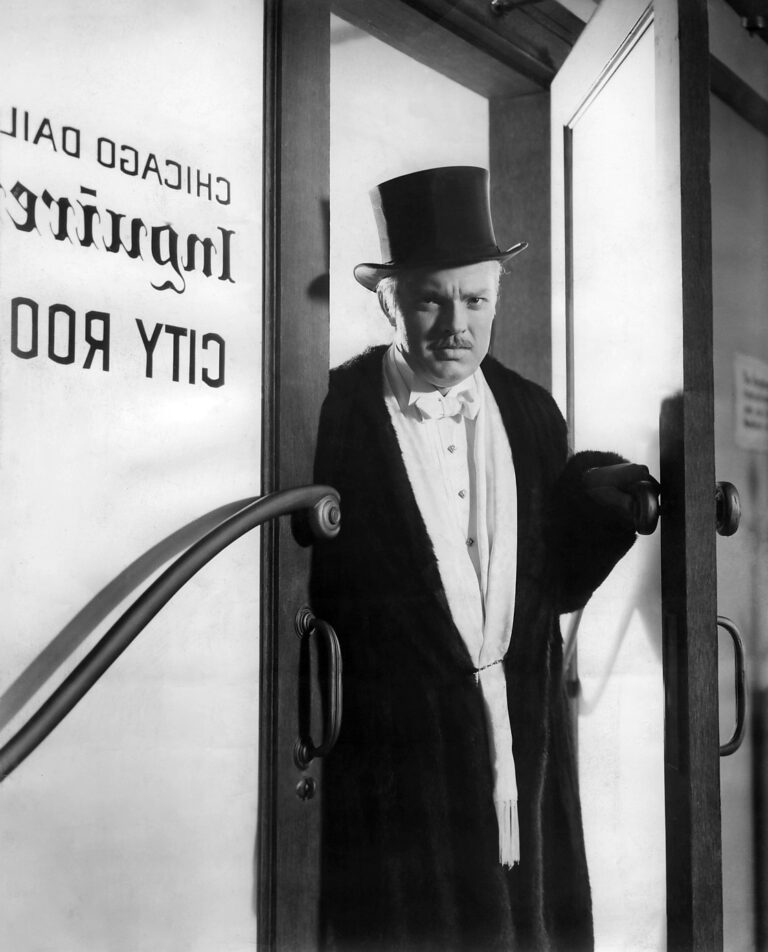Alfred Hitchcock Appreciation
Cinema has always held a special place in my heart, but since moving to Los Angeles nearly a decade ago, my love for film has only deepened. Being surrounded by filmmakers, actors, writers, and industry professionals, you can’t help but soak in their passion — and develop your own perspectives. I can spend hours analyzing everything from cinematography and sound design to character arcs and directorial choices. And lately, that passion has led me down a particularly thrilling path: the works of Alfred Hitchcock.
From The Twilight Zone to Hitchcock’s Masterpieces
Last week, I finished watching Season 1 of The Twilight Zone — a series that completely reignited my appreciation for well-crafted suspense, tight storytelling, and unexpected twists. That eerie blend of speculative fiction and psychological drama left me craving more classic storytelling. So I pivoted, quite naturally, to the films of Alfred Hitchcock.
A good friend of mine (thanks, Johnny—you were right) gave me a curated Hitchcock list that included:
- The 39 Steps
- The Lady Vanishes
- Notorious
- Rear Window
- Rebecca
- Rope
- North by Northwest
This past week, I watched The 39 Steps, The Lady Vanishes, and North by Northwest. Each of them left me amazed—not only by the clever plots and charismatic characters, but by the control Hitchcock had over every frame. His ability to build tension without showing violence, to keep the camera moving with purpose, and to hold the audience in his grip, even decades later, is astonishing.
Of course, I had already seen some of his most iconic works: Strangers on a Train (ironically, watched on a plane, while chatting with actual strangers), Psycho, and Vertigo. But now, I’ve realized that scratching the surface of Hitchcock’s filmography only makes you hungry for more.
Why Hitchcock Still Matters
Rewatching (and in some cases, watching for the first time) these films has made me appreciate just how innovative and influential Hitchcock was. He wasn’t just the “Master of Suspense” by title—he truly redefined how suspense could be visually and emotionally constructed. His films aren’t only about what’s seen, but what’s suggested. He trusted the audience to feel, interpret, and anticipate.
His use of “the MacGuffin”, for example—a narrative device that drives the plot but ultimately holds no real significance—has become a film school staple. In a brilliant interview, Hitchcock humorously downplays the importance of the MacGuffin, admitting it’s just something to get the story moving. But it’s that self-awareness and playfulness, mixed with technical brilliance, that made him such a singular figure in cinema.
I recently watched a PBS documentary by Richard Schickel that features Hitchcock discussing his creative process. He talks about everything from his childhood fear of the police to the architectural nature of directing—designing each scene like a blueprint rather than discovering it on the day. (Fair warning: it includes spoilers for several films, including Psycho.)
I’ve also embedded two other incredible resources below:
- A 1966 interview where Hitchcock delves into improvisation, actors, the “Hitchcock woman,” and his nuanced approach to suspense.
- A BBC documentary that covers pivotal moments in his career, giving context to both his fame and creative evolution.
If you’re interested in not just watching his films, but understanding his mind, these are well worth your time.
A Personal Note on Watching Classics
There’s something incredibly rewarding about watching these older films through a modern lens—especially as someone passionate about storytelling. The pacing, performances, and stylistic choices are so different from what we’re used to today, but they’re deeply intentional. Where today’s thrillers often rely on spectacle, Hitchcock relied on structure and psychology. It’s a masterclass in restraint, yet the payoff is just as powerful—if not more.
As I work my way through the rest of his catalogue (Notorious, Rebecca, Rope, and Rear Window are next on my list), I’m finding that his influence extends far beyond film. Hitchcock understood human behavior. He understood fear, desire, suspicion, and how to manipulate all of them within a 90-minute frame.
Join the Conversation
If you’re a fan of Hitchcock, I’d love to hear from you. Which film of his left the biggest impression on you? What are your thoughts on his style, or his legacy in cinema? Drop a comment below—I’d genuinely love to nerd out with fellow cinephiles.
And if you’re just starting your Hitchcock journey, here’s your invitation: make some popcorn, dim the lights, and dive in. These films are more than classics — they’re a cinematic education in themselves.

